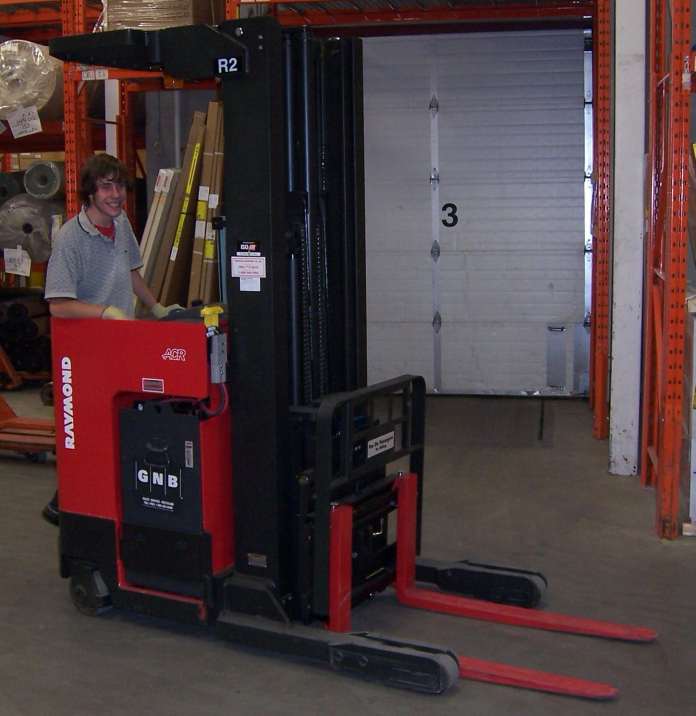Management stands to gain a more productive and streamlined operation. Fleet uptime will be maximized. More importantly, the facility will greatly reduce greenhouse gas emissions.
Your question may be, “How?” So let’s look at how fuel cell technology speeds up charging time for company forklifts.
Less battery charging time means more company productivity.
It usually requires 15 minutes at every shift to charge a battery pack. With hydrogen refueling, the charging time is only 2 minutes. That 13 minutes of difference per shift equal to 234 hours regained per forklift that runs 3 shifts a day.
Regular electric-powered vehicles need longer charging time. The batteries can’t keep up. And when batteries droop, drivers have to go to the battery room for charging. However, charging isn’t a quick in and out at the station.
Chances are, there’s a long waiting line because charging time takes longer. This limits company productivity especially when you run a large material handling facility. That’s how hydrogen-powered vehicles improve productivity for your company.
With a quick 2-minute charging time, companies eliminate the waiting line. And companies eliminate the long charging time. The best thing about all these is that your forklift operates at full power even with just 2 minutes of charge time.
Reduced emissions support a company’s cause for a sustainable planet.
Since fuel cell technology uses hydrogen fuel, all vehicles in your material handling department register zero emissions. Your company runs vehicles at full power but without any carbon footprint.
Final Thoughts
Material handling systems have a lot to benefit from using fuel cell technology to power their fleet for daily operations. It helps promote a cleaner world. It makes for a quieter working environment. More importantly, it facilitates high productivity levels.


